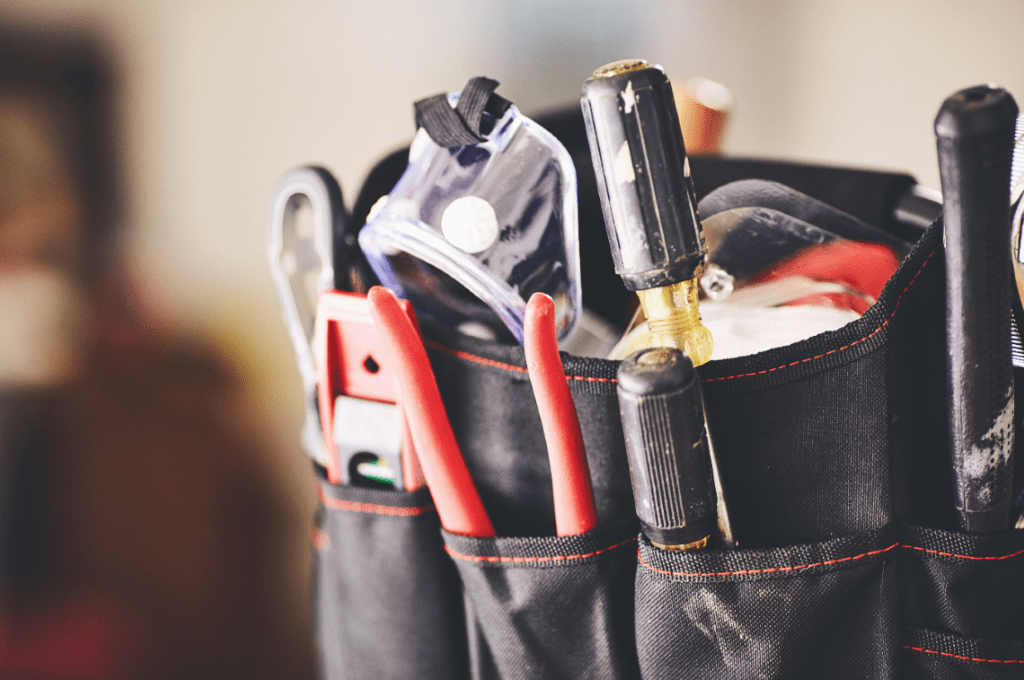In the plumbing and water boring industries, the tools of the trade are not just essential; they represent a significant financial investment. From pipe cutters and drills to water pumps, these tools are the lifeblood of any professional’s work, enabling them to deliver quality services efficiently. However, the loss, theft, or damage of these critical tools can have severe repercussions, potentially halting operations and leading to costly delays. This is where tool insurance becomes indispensable.
Tool insurance is designed to protect tradespeople from the financial burden of replacing or repairing essential tools in the event of unforeseen incidents. Whether it’s a stolen toolbox, a damaged drill, or equipment lost during transport, the right insurance policy ensures that professionals can continue their work with minimal disruption.
In this blog, we will explore what tool insurance covers, its importance for plumbers and water boring professionals, and how it safeguards their livelihoods against various risks.
What is Tool Insurance?
Tool insurance is a specialised form of coverage designed to protect the tools and equipment that plumbers and water-boring professionals rely on daily. This insurance ensures that in the event of theft, damage, or loss, the financial burden is significantly reduced, allowing the business to continue operating smoothly.
Their general property insurance includes toolbox insurance, power tool insurance, work tool insurance, tool theft insurance, tradie’s vehicle is used for business purposes, including tools and equipment stored in the vehicle, Loss of income due to business interruption, liability claims and others so the tradies don’t have to get insurance for separate products.
Importance of Tool Insurance

High Cost of Tools for Plumbers and Water Boring Professionals
For plumbers and water boring professionals, the tools they use are not just everyday items—they are specialised, high-value equipment that is essential to their trade. From precision pipe cutters to heavy-duty drills and powerful water pumps, the cost of these tools can quickly add up. Given the nature of the work, where durability and reliability are crucial, investing in quality tools is non-negotiable.
A high-quality pipe cutter can cost anywhere from AUD 200 to AUD 500, depending on the brand and specifications. Heavy-duty drills, which are essential for many plumbing and water boring tasks, typically range from AUD 400 to AUD 1,500. Water pumps, especially those designed for professional use, can be even more expensive, with prices starting around AUD 1,000 and reaching upwards of AUD 5,000. These figures highlight the substantial investment required to equip a professional in these fields.
Financial Impact of Tool Loss or Theft on Businesses
The loss or theft of tools can have a devastating financial impact on a business. Without the necessary tools, work grinds to a halt, leading to lost income and potentially damaging client relationships. Moreover, the immediate cost of replacing stolen or damaged tools can strain a business’s finances, particularly for small or sole proprietorships that may not have the cash reserves to cover such unexpected expenses. The ripple effect of such losses can extend far beyond the initial replacement costs, affecting long-term profitability and growth.
Role of Tool Insurance in Business Continuity
Tool insurance plays a critical role in ensuring business continuity for plumbers and water boring professionals. By covering the cost of repairing or replacing tools in the event of theft, damage, or loss, insurance policies allow businesses to resume operations quickly and with minimal disruption. This protection is especially crucial in industries where time is money and delays can result in lost clients and revenue. With tool insurance, professionals can focus on their work, confident that their tools—and their business—are safeguarded against unforeseen risks.
In addition to protecting against financial losses, tool insurance can also offer potential tax benefits. In Australia, premiums paid for business-related insurance policies, including tool insurance, are generally tax-deductible. This means that not only does tool insurance help protect your business from unexpected costs, but it can also reduce your taxable income, providing a financial advantage at tax time.
Click here to get a free quote for your plumbing and water-boring business.
What is Covered by Tool Insurance?

Tool insurance typically covers a range of incidents, ensuring that your tools are protected in various scenarios. Common coverages include:
- Theft: Coverage for stolen tools, whether from a job site, vehicle, or workplace.
- Accidental Damage: Protection against damage caused by unforeseen events, such as dropping a tool or exposure to elements.
- Loss or Damage During Transportation: Ensures your tools are covered while being transported between job sites.
- Vandalism: Coverage for tools damaged intentionally by others.
- Fire: Protection against damage caused by fires, whether at your premises or elsewhere.
- Natural Disasters: Coverage for tools damaged or lost due to natural events such as floods, storms, or earthquakes.
However, it’s important to note that tool insurance policies often come with exclusions. These can include wear and tear, intentional damage, or damage due to negligence. Understanding these exclusions is critical when selecting the right insurance policy for your needs.
Tool insurance is not just an optional extra for plumbers and water boring professionals; it is a necessity. By ensuring that your tools are protected against theft, damage, and other risks, you safeguard your business’s future. If you haven’t yet considered tool insurance, now is the time to explore your options and find the best tool insurance policy that offers the coverage you need to keep your business running smoothly.
For more information contact us today.
Or
Click here to get a free quote
Read More
Securing your livelihood the role of tradies tool insurance.
Note: The material offered here is for informational purposes only. It does not constitute legally binding advice and should not be a substitute for a consultation with an insurance expert.
